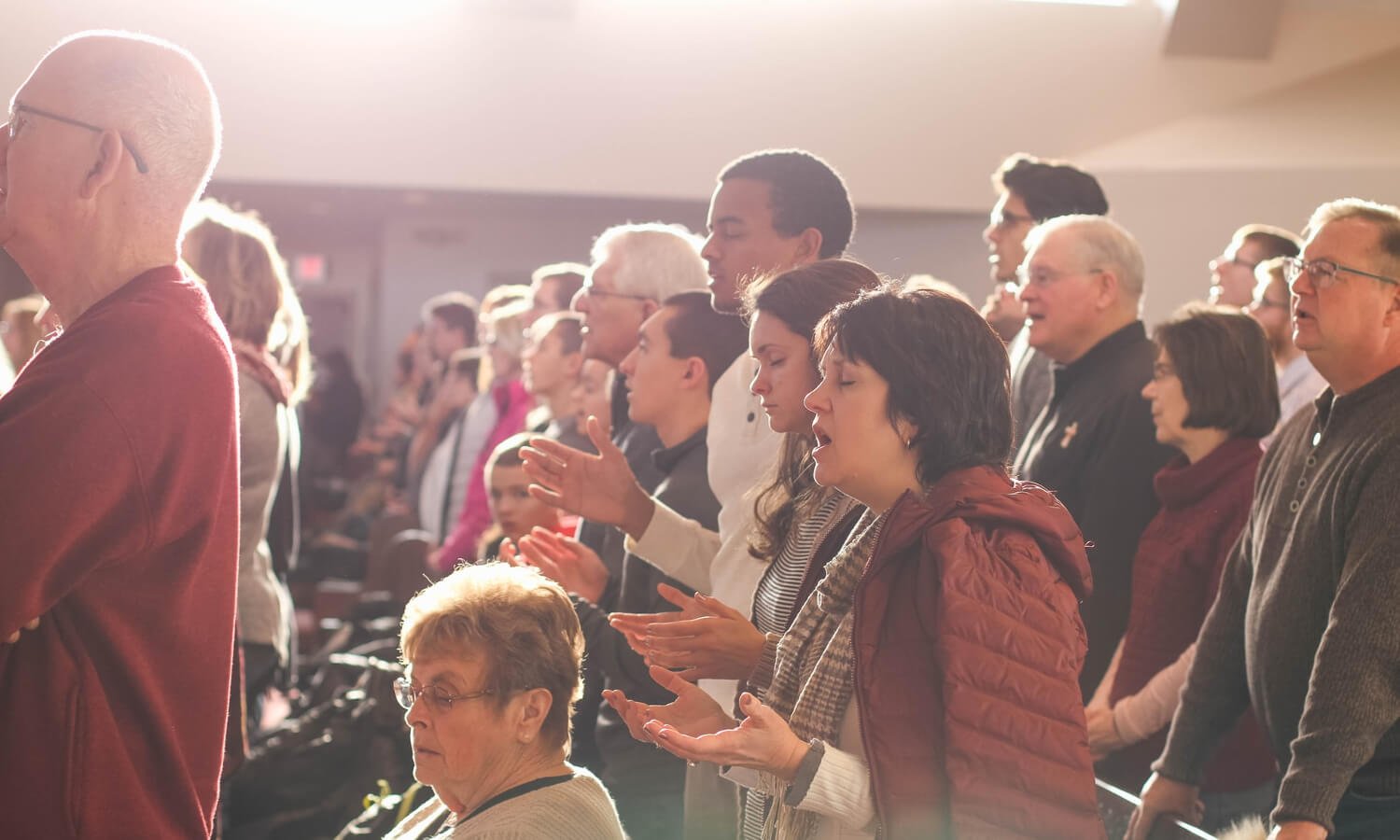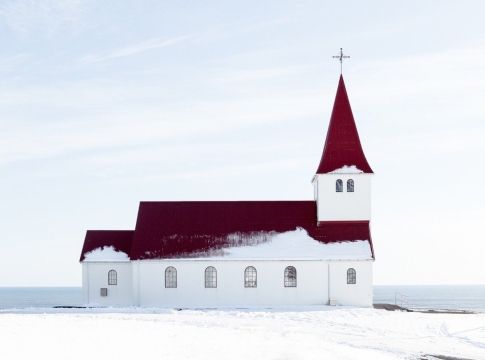
Attending church is an essential aspect of being a Christian. Local churches are frequent gathering places for believers all throughout the world. God even gave us the directive to do this in Hebrews 10:25. However, what precisely occurs during a church service?
Some standard elements
The differences between church services are substantial. Some adhere rigidly to a liturgy that is full of formality and rituals and are exceedingly formal. Some are less formal. While some Christians may congregate in big church structures, others may do so in living rooms. There are thousands of members in some congregations, while there are only a few in others. The size of the congregation, the local way of life, and the church denomination all influence the format of a church service. However, most religious services have a few common characteristics.
Prayer
In church services, prayer is a customary component, just as it is in a Christian’s daily life. Ultimately, believers come together not only to fellowship with one another but also to encounter God. In Matthew 18:20, Jesus made the following promise: “Where two or three are gathered in My name, there I am among them.” We can thank God for his favors, express our gratitude, and beg for His assistance via prayer. A church service is a great time to pray for one another and to share needs with other Christians because so many people are there.
Bible reading
Church services center around [God’s Word]. Scripture passages are typically read aloud in one or more of them. The pastor who will be preaching the sermon may choose which passages are read, or a reading plan may be used. Attendees are welcome to use their own Bibles to follow along. Since the Bible is currently the main medium through which God communicates, reading it is essential. According to Hebrews 4:12 and Deuteronomy 8:3, “man does not live by bread alone, but man lives by every word that comes from the mouth of the Lord.” respectively, and “the word of God is living and active.”
Sermon
Attending a church service is another excellent opportunity to learn from a Bible expert. Many churches employ ordained pastors who have pursued theological studies to enhance their comprehension of God and the Bible. They use sermons to impart this knowledge to other believers. In other churches, individuals of the congregation deliver the sermon instead than licensed pastors.
During a sermon, the speaker may use a variety of approaches to explain a passage from the Bible, such as giving background information about the historical setting, breaking down the text’s linguistic structure, drawing connections between different passages, and more. In addition, he attempts to apply God’s Word to his listeners. The sermon is more than just an educational lecture, and the Bible is more than just a historical text. It is the gospel being declared. Additionally, God speaks through the preaching.
Singing
Singing is another common feature of a lot of church sessions. The congregation as a whole frequently sings together, while occasionally a choir or band does this. They can sing Psalms, hymns from the past, or contemporary worship songs; they can do so with or without dance and musical accompaniment. The main goals of all of these are to glorify God and convey messages of gratitude, praise, and sadness.
The Bible has always supported group singing, as seen in Psalm 96:1-2, which says, “Oh sing to the Lord a new song; sing to the Lord, all the world! Colossians 3:16 states, “Let the word of Christ dwell in you richly, teaching and admonishing one another in all wisdom, singing psalms and hymns and spiritual songs, with thankfulness in your hearts to God.” Sing to the Lord, bless His name, and tell of His redemption every day.
Lord’s Supper
The [Lord’s Supper] (also known as Communion or Eucharist) is a customary part of church services, however it may not be observed every week. According to 1 Corinthians 11:23–26, Jesus Himself established this ordinance. Christians partake of a piece of bread and a small amount of wine, symbolizing the flesh and blood of Jesus. It was Jesus’ express will that this be done in memory of Him. For until the Lord returns, you announce his death each time you partake of this bread and sip from this cup (1 Corinthians 11:25–26).
The specifics of the Lord’s Supper celebration might change. Believers gather around a table in certain churches, much as Jesus and his disciples did at the time this ordinance was first established. In several churches, individuals stay seated during the passing of the bread and wine cups. Bread is distributed by a priest to the congregation during Roman Catholic ceremonies.
Baptism
[Baptism] is the second ordinance of great importance. This could also take place during a religious service, either within the church or outside near open water. In Matthew 28:19–20, Jesus gives the mandate to baptize followers of all nations, naming them in the names of the Father, the Son, and the Holy Spirit.
The ordinance of baptism is unique, in contrast to the Lord’s Supper. When someone joins a church for the first time, they are typically baptized. Certain churches solely baptize adults, while others [baptize] young children who are members of the congregation. Receiving a new life in Jesus Christ and God’s pardon are demonstrated externally through baptism.
Money collection/offerings
Many churches take up offerings or receive cash during or following services. The local church uses these collections and donations to cover its expenses for things like maintaining the church facility and supporting the pastors. Additionally, collections can be utilized for charitable and evangelistic endeavors, as well as to give impoverished churchgoers financial support.
Blessing
“The Lord bless you and keep you; the Lord make His face to shine upon you and be gracious to you; the Lord lift up His countenance upon you and give you peace” is an example of Aaron’s blessing that is typically given to the congregation after church.
Unity in diversity
There is a lot of variance across religious services, as was previously said. Nonetheless, “the unity of the Spirit” exists amid all of this diversity. “One Lord, one faith, one baptism, one God and Father of all, Who is over all and through all and in all” (Ephesians 4:4-6) “There is one body and one Spirit – just as you were called to the one hope that belongs to your call.”
People come together in the name of Jesus all over the world in a wide range of cultures and church denominations “to be strengthened with power through His Spirit in your inner being, so that Christ may dwell in your hearts through faith – that you, being rooted and grounded in love, may have strength to comprehend with all the saints what is the breadth and length and height and depth, and to know the love of Christ that surpasses knowledge, that you may be filled with all the fullness of God” (Ephesians 3:16-19).





